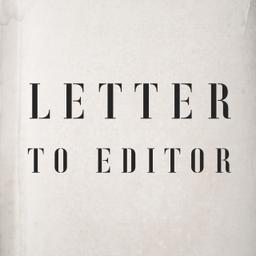The Bread Loaf School of English, affiliated with Middlebury College, in Vermont, offers a post-graduate summer program which, when successfully completed, leads to a master’s degree in English. A beautiful feature of the school is its barn. I clearly recall spending many hours quietly reading and sometimes playing the piano in the barn when I was a student there, in the summers of 1961 to 1964.
Often sitting in the far corner of the barn was Robert Frost, the famous poet. He frequently spoke with the students and others who were visiting. He was soft-spoken, extremely gentle, and patient when responding to the many, often inane questions, which he always treated with respect and dignity. I never heard him denigrate anyone. He quietly told us he did not like explaining or interpreting his own poetry. He did not mind reciting his poems: he referred to this as “saying his poems.”



